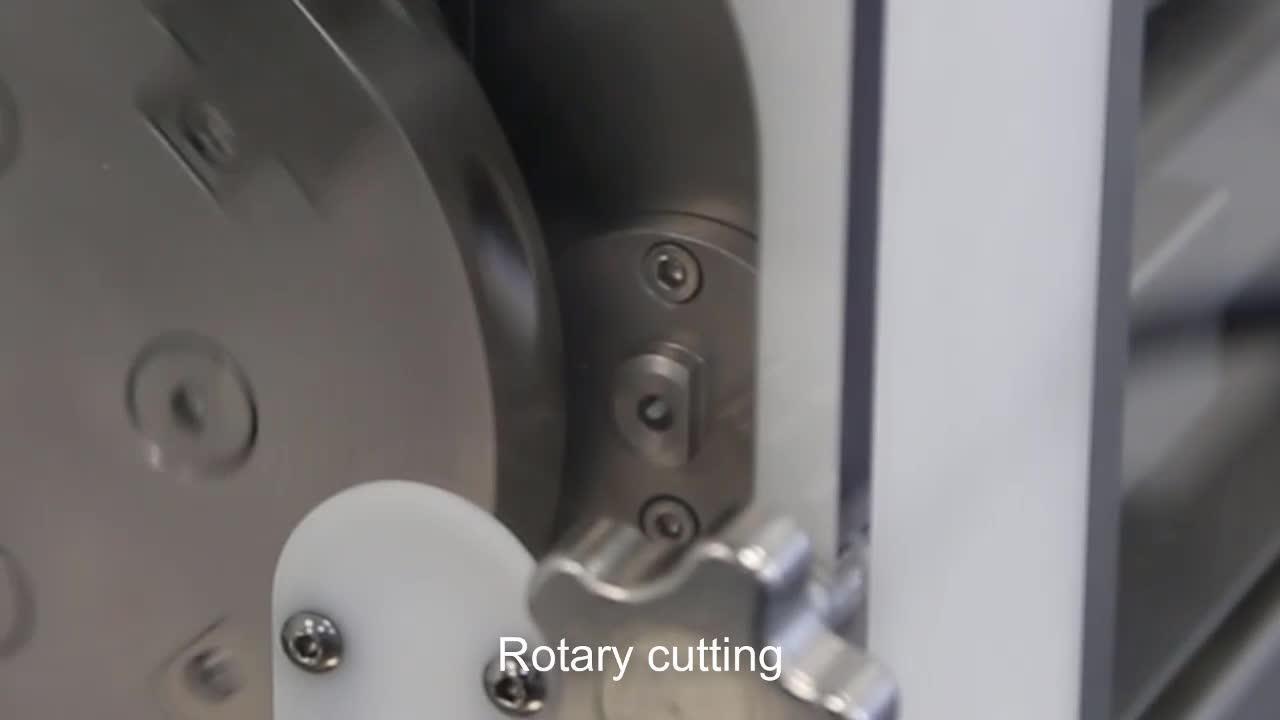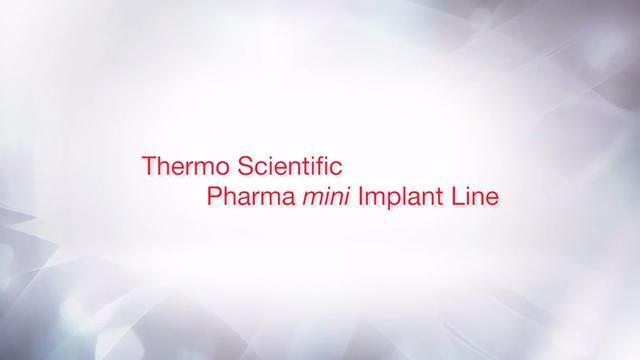Search Thermo Fisher Scientific
Implants and drug delivery systems
Subcutaneous, solid implants are an emerging drug delivery system with special manufacturing needs when going from powder to ready-for-packaging product. In order to deliver the active pharmaceutical ingredient (API) safely and with a constant dissolution rate, a very homogeneous product with extremely tight tolerances in geometry is required. And when automating an implant manufacturing line, it becomes even more critical to assure consistent API/excipient compounding and to maintain precise quality specifications. Let us show you how.
Advantages of drug delivery systems
Subcutaneous implants or vaginal rings offer several advantages over solid oral dosage forms:
- The active pharmaceutical ingredient (API) can be released where it is needed most, reducing the required dose and helping reduce the drug's side effects
- The drug doesn't need to be administered as often, increasing the acceptance of new delivery systems
- Biodegradable materials can often be used in the manufacture of the delivery system, eliminating the need to remove implants
Pharma mini Implant Line
The Thermo Scientific Pharma mini Implant Line offers the opportunity to develop and manufacture implants in a fully automated and continuous process. This line uses a programmable logic controller (PLC) to monitor everything from the initial material feed through to the final quality control of the implant size, including documentation such as batch report and audit trail.
A container with a containment valve for pre-blended material is connected to the gravimetric feeding system, enabling operator-safe handling and high accuracy in the feed rate. The Thermo Scientific Pharma mini HME Micro Compounder produces a strand with a small diameter tolerance (±0.005% to 0.05% depending on mechanical parameters of the compounds used). A laser sensor delivers data to control the strand diameter very precisely by adjusting the conveyor speed. Based on this data, the strand is cut to meet the length specifications of the implant. An automated sorting device assures that any out-of-specifications (OOS) implants are rejected and collected away from the in-spec implants.
CaliCut Post-Extrusion System for implant production
As an accessory to our Pharma mini HME Micro Compounder, we offer the Thermo Scientific CaliCut Post-Extrusion System to precisely calibrate polymer strands and cut them into well-defined implant devices.
This cutting system can be operated independently from the extruder control. It complements the extruder if fully automated production is not necessary or if the implant project is still in an R&D phase. The CaliCut System can produce 600 cuts/hour with variable lengths (1–200 mm) and diameters (0.2–6 mm). Its small footprint makes it an ideal addition to the Pharma mini HME Micro Compounder.
See the Pharma mini Implant Line in action
The Pharma mini Implant Line is a unique solution for the complete process of developing and producing injectable drug delivery systems. The precise automation with integrated quality control and documentation helps enable a fast, efficient development-to-production process.
For Research Use Only. Not for use in diagnostic procedures.

